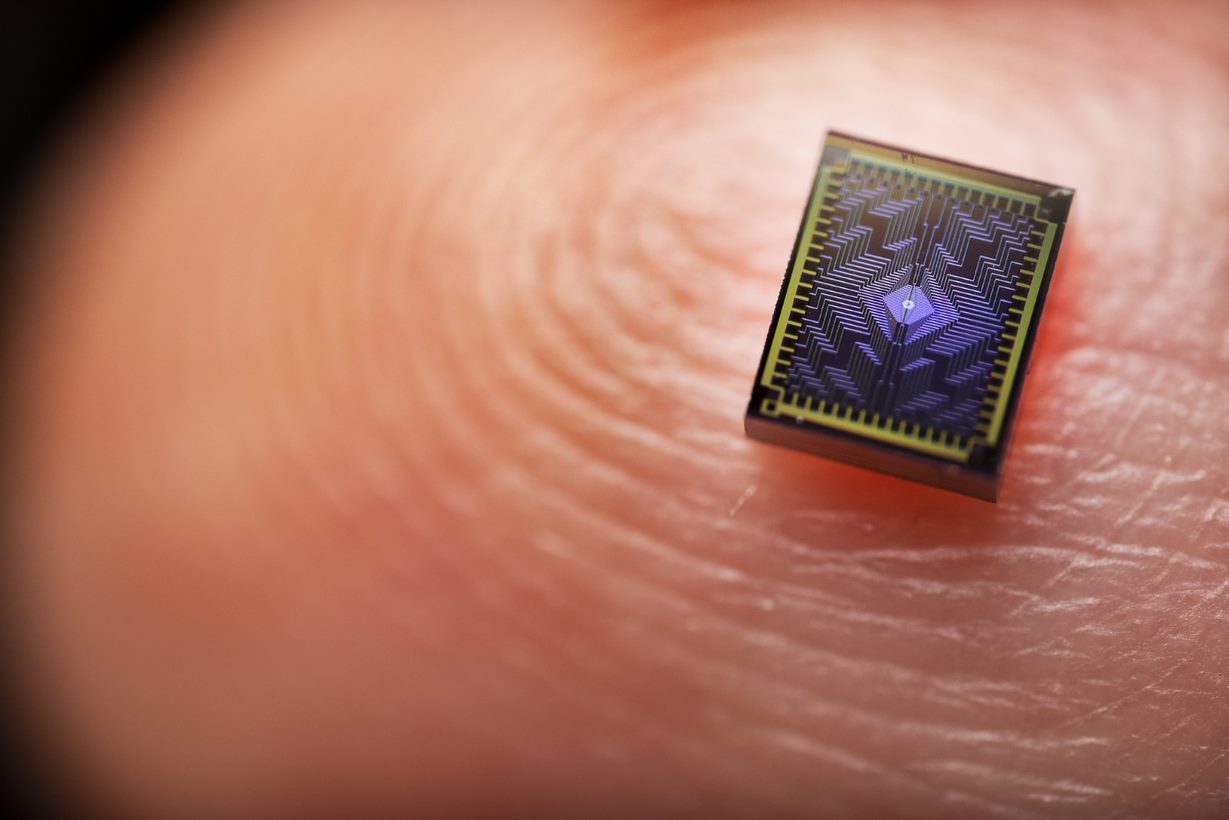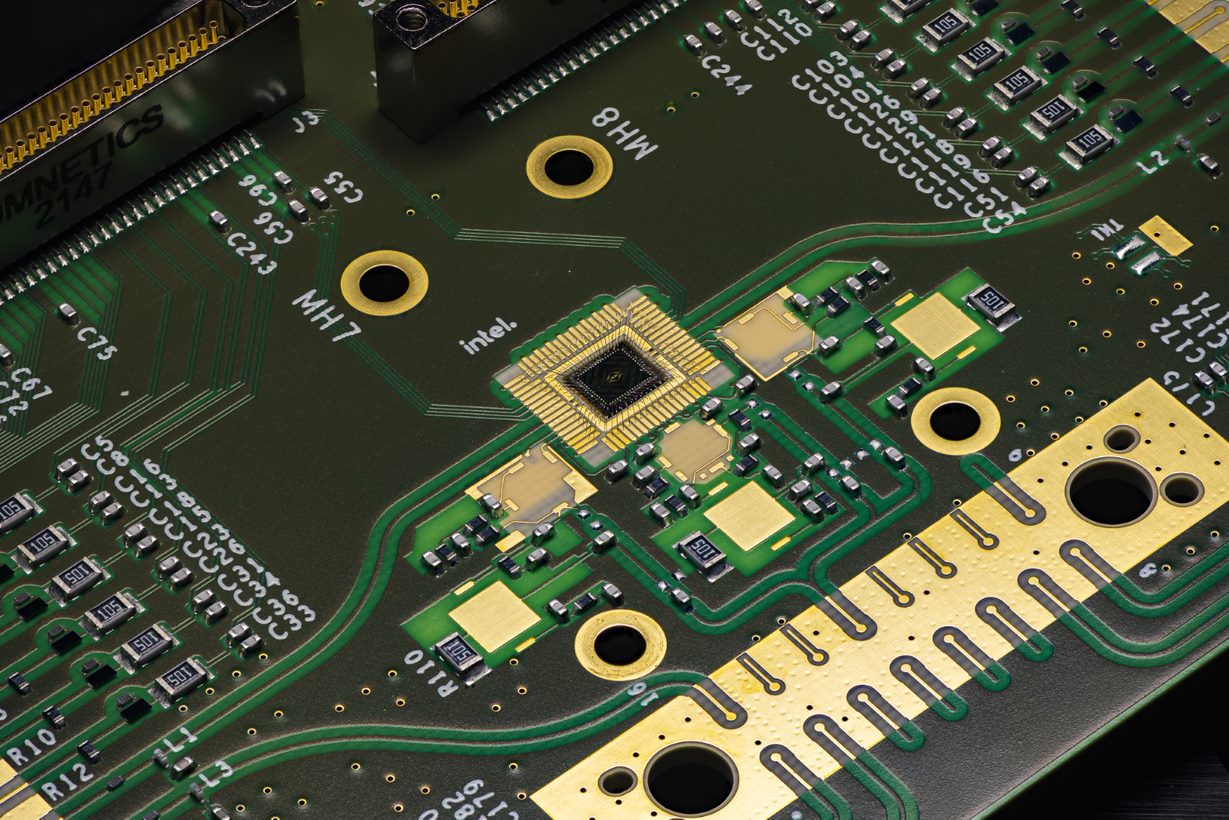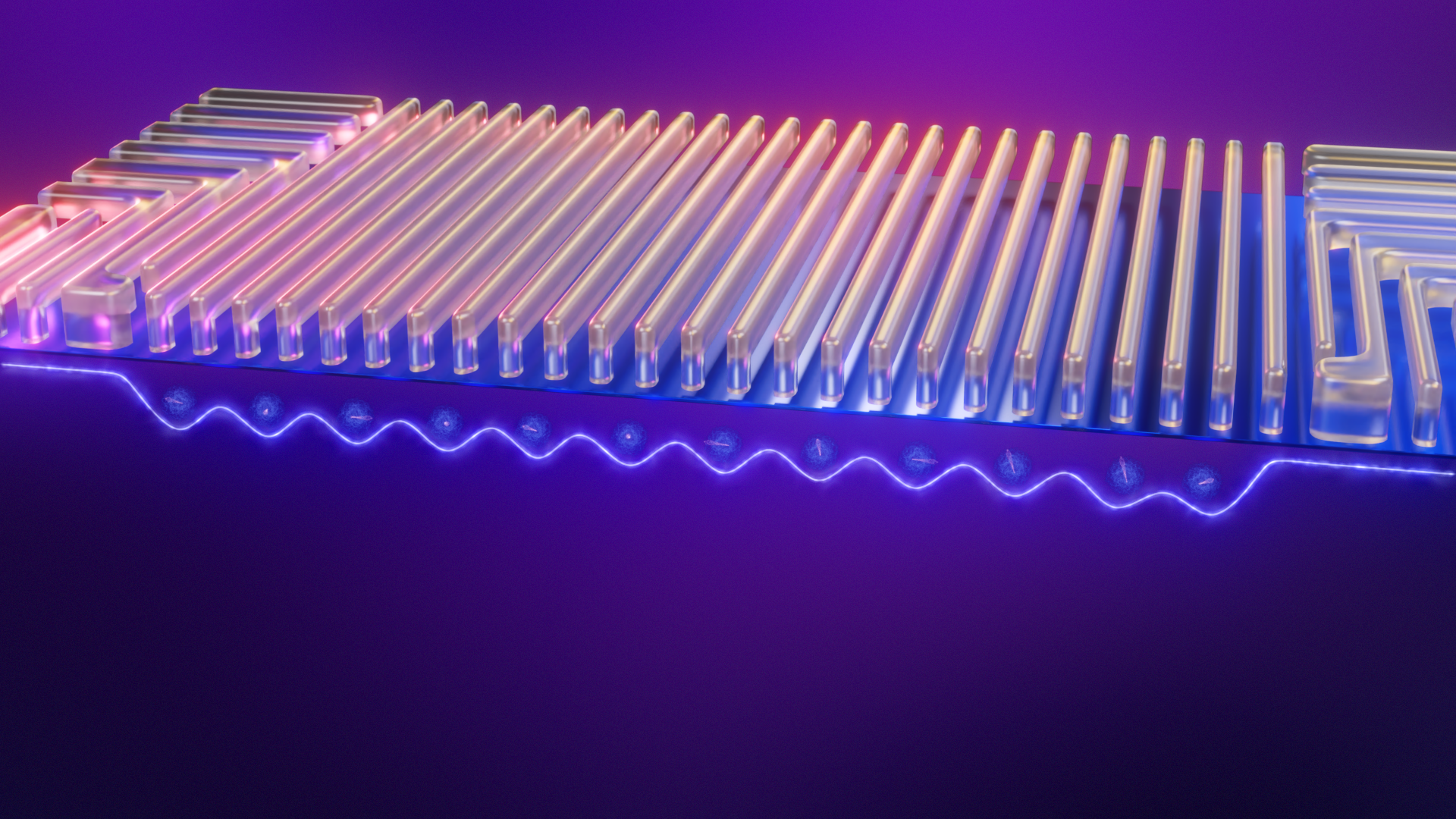
Intel announced the next step on its road to quantum with the release of its latest quantum chip, a 12-qubit, silicon-based chip the company is calling "Tunnel Falls". No, no, it's okay, you can keep those greenbacks in your wallet: Intel isn't in the commercialization phase yet. Instead, Tunnel Falls is meant to be a research test chip: it's still a stepping stone towards the actual Quantum Processing Units of the future. Hopefully, those will be more like Intel's own Tunnel Falls than Iran's Amazon-based "quantum computing" technology.
“Tunnel Falls is Intel’s most advanced silicon spin qubit chip to date and draws upon the company’s decades of transistor design and manufacturing expertise. The release of the new chip is the next step in Intel’s long-term strategy to build a full-stack commercial quantum computing system. While there are still fundamental questions and challenges that must be solved along the path to a fault-tolerant quantum computer, the academic community can now explore this technology and accelerate research development.” says Jim Clarke, Intel's director of Quantum Hardware.
While it may be underwhelming to know that Tunnel Falls is just a research test chip, it's also an often overlooked necessity for any new technology. Before any work can be done within the quantum computers of the future, the algorithms, the learning and the how-to have to be started today. One issue with that is the difficulty in producing quantum computing hardware; there's a reason such a small number of big companies - from Intel to Microsoft, IBM, IonQ, and Google - are actively developing quantum computing hardware.

Yet this is exactly where Intel's strategy of using silicon-spin qubits pays off handsomely: it's a quantum computing technology that can be built on the years of Intel's chip manufacturing expertise, applying its knowledge of what levers to move in order to improve yield rates. In fact, Intel says Tunnel Falls fabrication achieved a 95% yield rate with voltage uniformity similar to chips manufactured under the more usual CMOS process. According to the company, a single 300mm wafer provides 24,000 quantum dot test chips with a 95% yield.
"Each qubit device is essentially a single electron transistor, which allows Intel to fabricate it using a similar flow to that used in a standard complementary metal oxide semiconductor (CMOS) logic processing line."
With that strategy comes some expected scaling benefits: Intel has one of the biggest semiconductor factory footprints in the world. With adequate tooling and investment, the company may have an ace up its sleeve to quickly ramp QPU manufacturing: first, for education, research, and development purposes; and finally, for full-scale industrial production.

Intel's choice of qubits meshes extremely well with leading-edge transistor fabrication - one of Tunnel Fall's qubits is roughly the size of a transistor. That alone makes it up to 1 million times smaller than other qubit designs; and the fact that silicon spin qubits - where information (0/1) is encoded according to the spin properties (up/down) of a single electron - turn out to be one of the smallest possible variations of qubits will certainly also aid the company in cramming the many thousands - or millions - of them as required to unlock quantum's potential.
Intel's Tunnel Falls is meant to add fuel to current research efforts, with the company partnering with the Laboratory for Physical Sciences (LPS) at the University of Maryland, College Park’s Qubit Collaboratory (LQC), a national-level Quantum Information Sciences (QIS) Research Center. Part of this collaboration will see Intel take part in the Qubits for Computing Foundry (QCF) program - associated with the U.S. Army Research Office -to provide Intel’s new quantum chip to research laboratories.
Intel is adamant in saying it believes silicon spin qubits to be superior to other technologies. But of course, this analysis has the full weight of Intel itself: what company wouldn't try to extract as much value from the tech and expertise it already has?







